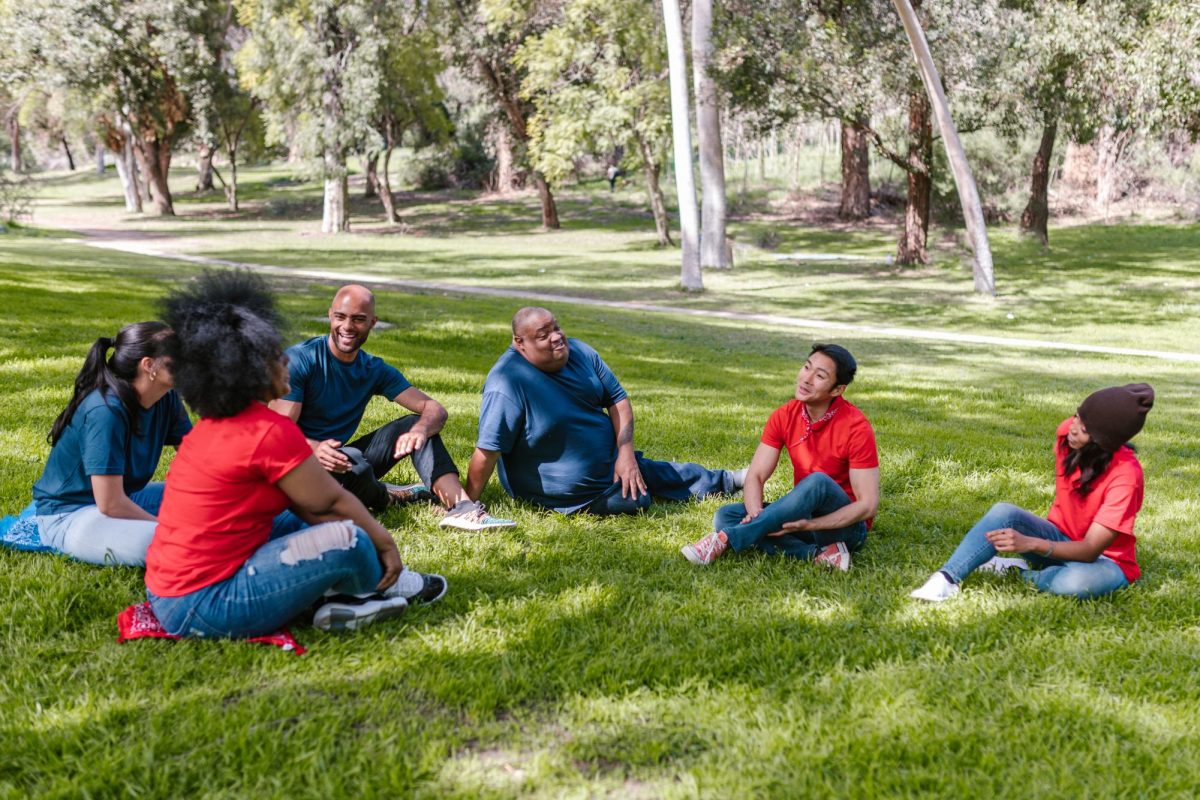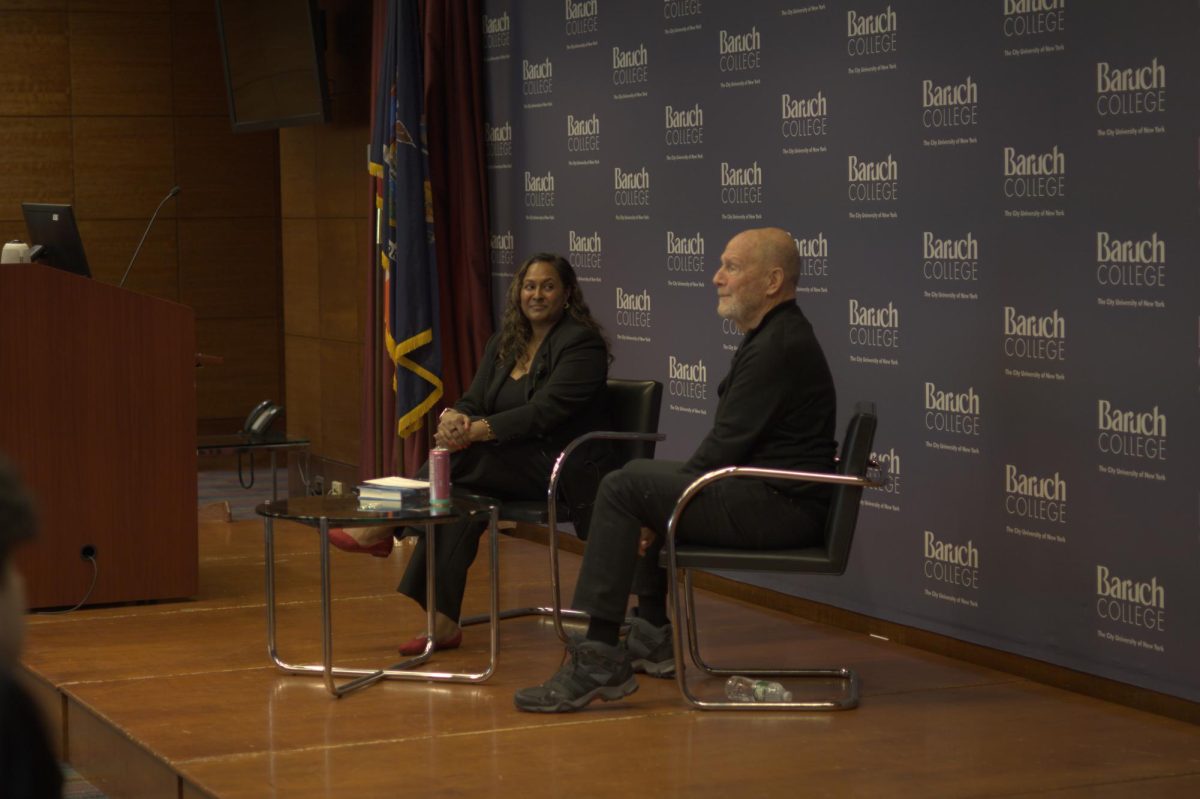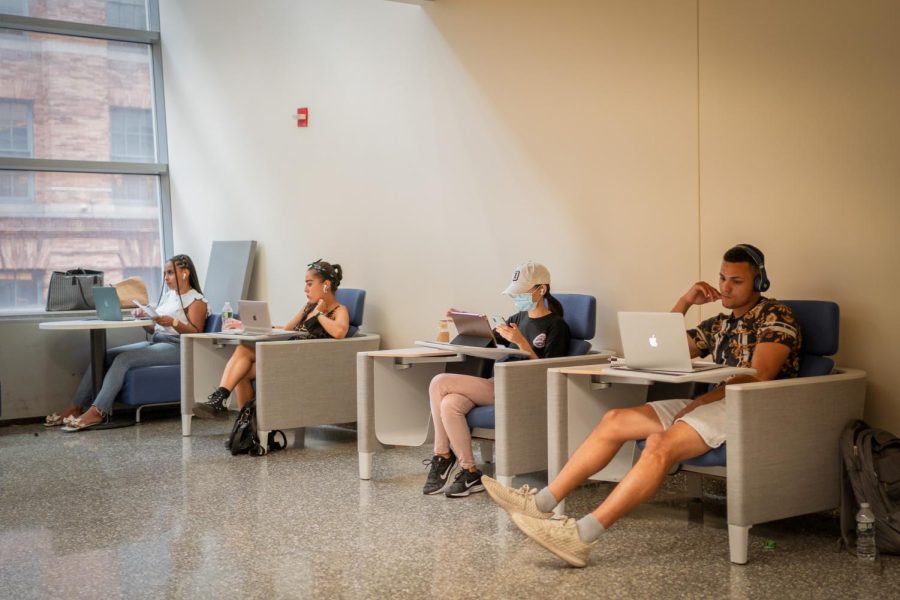From our air to our education, fossil fuels influence practically every institution that touches people’s daily lives. Unfortunately, CUNY is not an exception to these overreaching powers.
Although CUNY does not allow other prestigious higher education institutions to influence its tuition or diversity policies, it certainly has no issue following in their footsteps and investing its endowment into the 200 major fossil fuel companies.
This would mean that capitalistic and corporate greed leaching into the community that CUNY has built is not limited to fossil fuel giants. Companies that pollute New York City’s air should not have a stake in education, like National Grid which attempted to harm the environment and vulnerable communities while providing scholarships to schools.
National Grid failed to remove a climate law, when they wanted to build two fracked gas pipelines at its Greenpoint facility during the COVID pandemic. At the start of April 2023, The North Brooklyn Pipeline Alliance was informed that National Grid withdrew its permit application, but this decision came after three years of activism from neighborhood residents.
When people were not even capable of visiting their family, let alone fight back against a pipeline, it was the worst time to build one. The utilities company’s attempt to do so demonstrates that it was acting without regard for the impact on the community.
Despite this, the company gave scholarships to those same communities they wanted to take advantage of during a pandemic.
The education that CUNY offers leads to social mobility and opportunity for its students, especially women, people of color and the working class of New York City. So, they should consider the sustainability practices that its partners make.
The endowment proceeds from The CUNY Board of Trustees annually invests money into polluting our air and destroying the planet, despite being called upon by over 13 student organizations to divest from fossil fuels on April 3, 2017.
The board’s response after talking internally was that the request was not best for the pool.
“He added that OBF delegates to the managers and investing in fossil fuels would not put the University in a good competitive environment in terms of doing what is best for the pool which is to generate earnings so that it can be used on scholarships and fellowships and academic support,” the report stated.
Furthermore, information on the investment of fossil fuels has not been updated in almost six years. There needs to be greater efforts done to update this document. These calls to action by students and alumni should have been taken more seriously.
Additionally, the summary of New York Senate Bill-S1953 states, “trustees to refrain from investing in and subsequently divest from stocks, debt or other securities of certain publicly traded fossil fuel companies.” This bill has been in the Higher Education Committee since Jan. 17, 2023.
This precedent conflicts with morals by setting a culture of unsustainable practices by CUNY. CUNY has an Office of Sustainability and Energy Conservation that not many students know about and they can be reached at sustainable@cuny.edu for any inquiries.
CUNY’s sustainability office has the campaign, ‘Project-Based Change Management’ where “stakeholder across campus become agents of change themselves.” Rather than having students figure it out on their own, they should create a process where staff members and students can work together on campus-wide requests.
Student-led task forces have produced changes such as recycling and water bottling filling stations, on multiple campuses.
Many of the CUNY campus websites linked to their on-campus sustainability achievements no longer exist or haven’t been updated in years, which is not a good sign.
While the College of Staten Island has outshined all other CUNY campuses by winning a sustainability award, all other CUNY campuses need to do a better job of making their campuses more sustainable, which they can do by creating more community gardens and green spaces and funding sustainable initiatives.
They can also add clothing swaps and create clothing donation events to their physical campuses.
Senior and community colleges can do better by holding seminars on green initiatives. As CUNY’s ‘business school’ Baruch College can have courses on how to keep corporations accountable.
Additionally, CUNY can partner with New York City by giving students Citi bike discounts and connecting them to volunteer experiences at community gardens.












